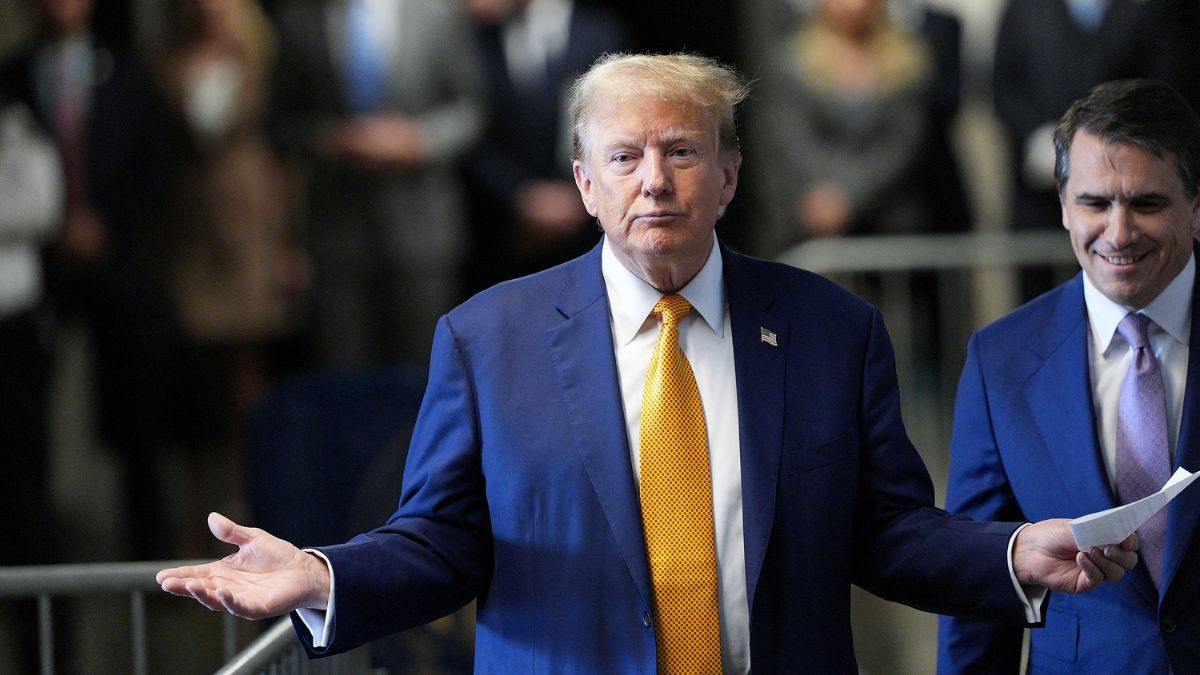On the back of a surge in revenue from tariffs, the US budget deficit fell $35 billion (9 per cent) year-on-year in August, according to the Department of Treasury.
The statement said the US government got $29.5 billion in revenue from custom duties in August, which was up from the previous record of $27.7 billion in July.
However, the overall year-to-date deficit rose by $76 billion —4 per cent— to $1.973 trillion.
With one month to go in the current fiscal year, observers are curious to see if the deficit would breach the $2 trillion mark. But some have said that it might stay under $2 trillion as September is always a revenue-heavy month because of quarterly tax payment deadlines.
“With one month left in fiscal 2025, we expect the deficit for the year to come in at US$1.78 trillion, reflecting the fact that September is typically a surplus month due to strong estimated individual and corporate income tax collections,” said Oxford Economics Lead US Economist Nancy Vanden Houten in a note.
Even though the deficit has come down from tariffs and not from fiscal prudence or surge in manufacturing- or sales-driven revenue, President Donald Trump and his supporters are expected to use it to peddle the narrative that the economy is booming — at a time when nearly every economic alarm is blaring loudly.
Even as Trump has falsely maintained that tariffs are paid by foreign governments, tariffs are paid by importers — tariffs are essentially import taxes. The increased costs from tariffs are largely passed on to consumers. Rising inflation in recent months has suggested that businesses have started passing on most of the tariffs-induced increased costs to consumers. This means that, even though Trump is likely to hail the reduction in deficit, the reduction has not come because production or businesses have grown but because the government has started extracting more tax revenue.
)